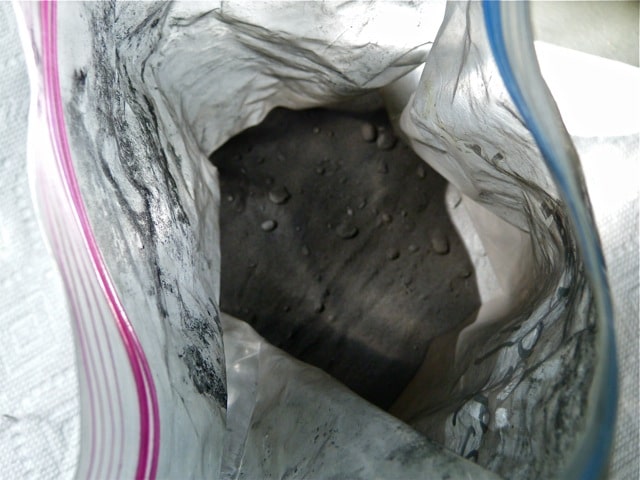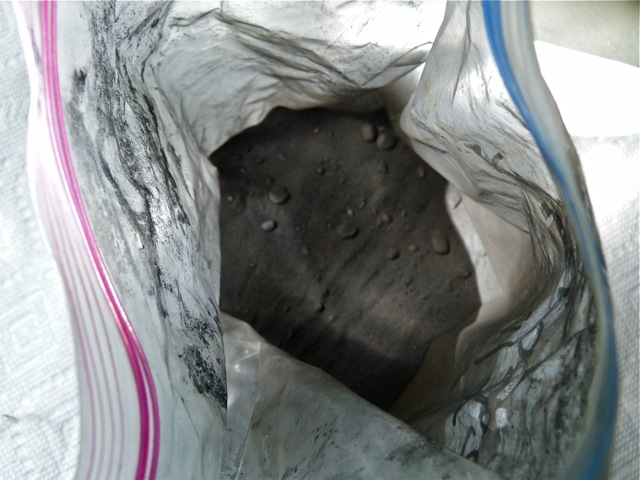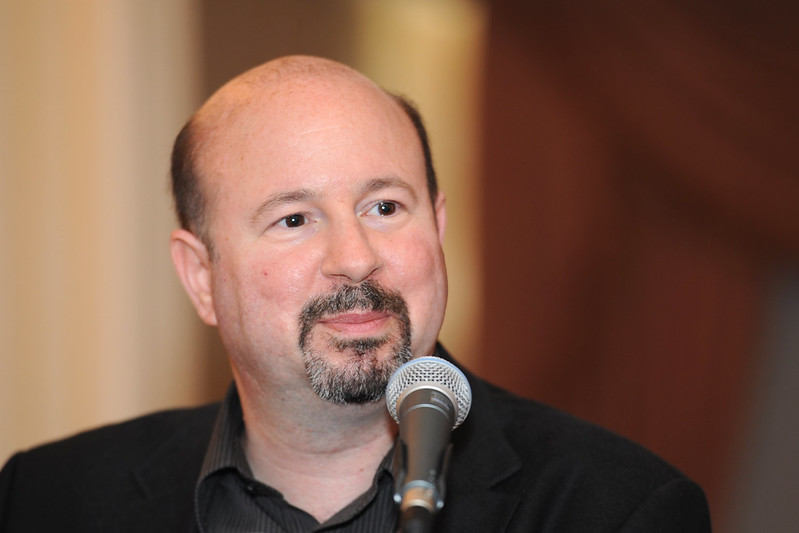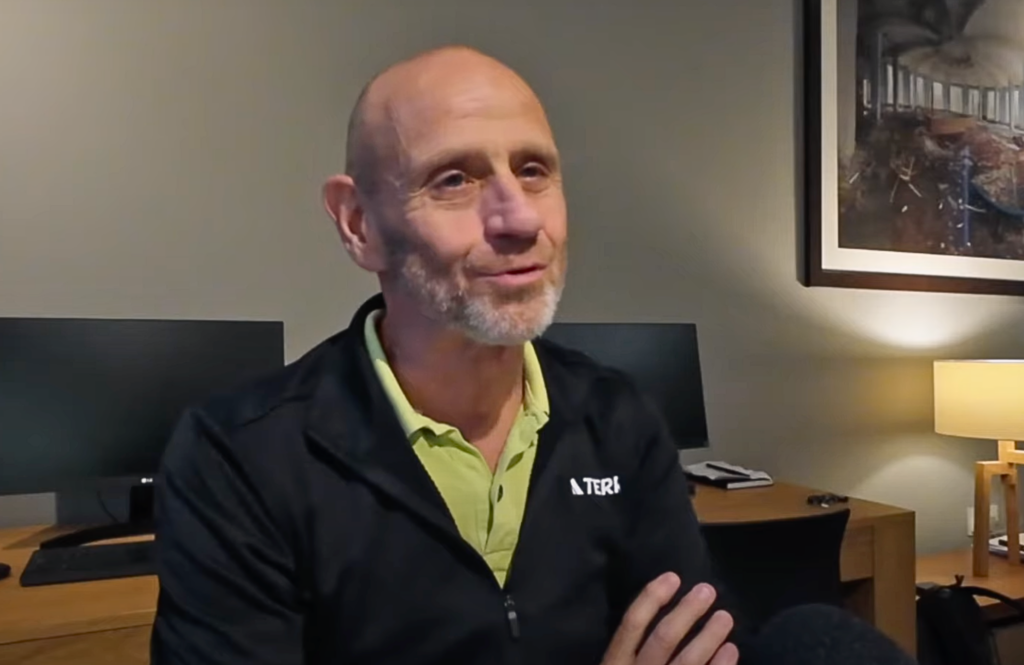Last year, a train leaving a Valero refinery in Benicia, CA derailed while carrying petroleum coke, also known as petcoke, a toxic byproduct of the crude oil refining process. None of the petcoke spilled that day as a result of the derailment, thankfully, but that doesn’t mean Benicia residents can breathe any easier.
Locals already have their concerns about the way petcoke is handled in their community and are questioning what public health impacts it might have. But California and federal law have a long way to go before they can be said to be adequately addressing those concerns.
Marilyn Bardet has been dealing with this issue ever since the 1980s, when she helped fend off a Koch Industries proposal to build a petcoke terminal in Benicia. (A smaller facility was eventually built in nearby Pittsburgh, CA, and it operates to this day.) But that early success didn’t mean the fight against petcoke was over for Mrs. Bardet and her fellow Benicians—far from it.
A friend of Mrs. Bardet’s who runs a business near the train tracks that lead in and out of the Valero refinery was able to easily scoop all of this petcoke right off the tracks “in one go”:
But it’s not just the train tracks that are polluted with the stuff. After leaving the refinery, petcoke is taken to Benicia’s port facility, where it’s dumped into open-air container ships. A nearby community reports finding a dusting of petcoke on their homes and gardens as a result.
“The most important thing to remember about this stuff is that it travels in air as a tiny toxic particulate at 2.5 microns,” Mrs. Bardet says, “and will act as a carrier for other volatile organic compounds found in urban environments from car exhaust, refineries, industries, etc., that attach themselves to the particles, that then travel into the lungs of sensitive receptors and lodge in the lung tissue, delivering their toxins into the bloodstream.”
Petcoke dust can contain various heavy metals depending on the source of the crude oil it was derived from, Bardet explains.
Tar sands oil, for example, has many toxic metals, including lead, sulfur and nickel. Humans with compromised respiratory conditions (people who suffer from asthma and the elderly, for instance) are especially vulnerable to particulate emissions, and children’s lung development is known to be affected by even low-level chronic exposure to particulate matter.
“When you add coke dust to the existing mix of particulates that circulate constantly in urban air,” Bardet says, “you have a toxic cocktail of gases involved, riding into the lungs on the coke dust particles. All bad for public health, yet pet coke remains unregulated as a toxic health hazard by the federal EPA as well as Cal-EPA.”
This is of particular concern to Benicia residents as they are also fighting a proposal by Valero to build a crude-by-rail terminal at the refinery, which many suspect is a preliminary move to bringing more tar sands oil down from Alberta.
Petcoke is not just a health issue, however, and it’s not just an issue in California, either.
Due to state and federal restrictions on burning petcoke that make it nearly impossible to sell domestically, most of it is sold overseas. California exports 128,000 barrels of petcoke every day, mostly to China, where it is burned as a fuel source for electricity.
Both the California state government and the federal government officially consider petcoke a “byproduct,” not a waste product, so California’s emissions laws don’t apply to these overseas sales. That means companies in the business of refining oil can sell their petcoke to China without ever having to account for the greenhouse gas emissions, even though burning petcoke releases 5-10% more carbon dioxide into our atmosphere than burning coal.
California certainly isn’t the only state caught with its pants down on this issue. Residents of one Chicago neighborhood recently convinced the city to force a company to stop storing petcoke in giant, open-air piles near their community. How could this have ever been accepted practice, you might wonder?
“The fact is, the city of Chicago and the state of Illinois did not have their regulatory guard up for decades,” former mayor Rahm Emmanuel says.
Time to get your regulatory guard up, America.
Subscribe to our newsletter
Stay up to date with DeSmog news and alerts








